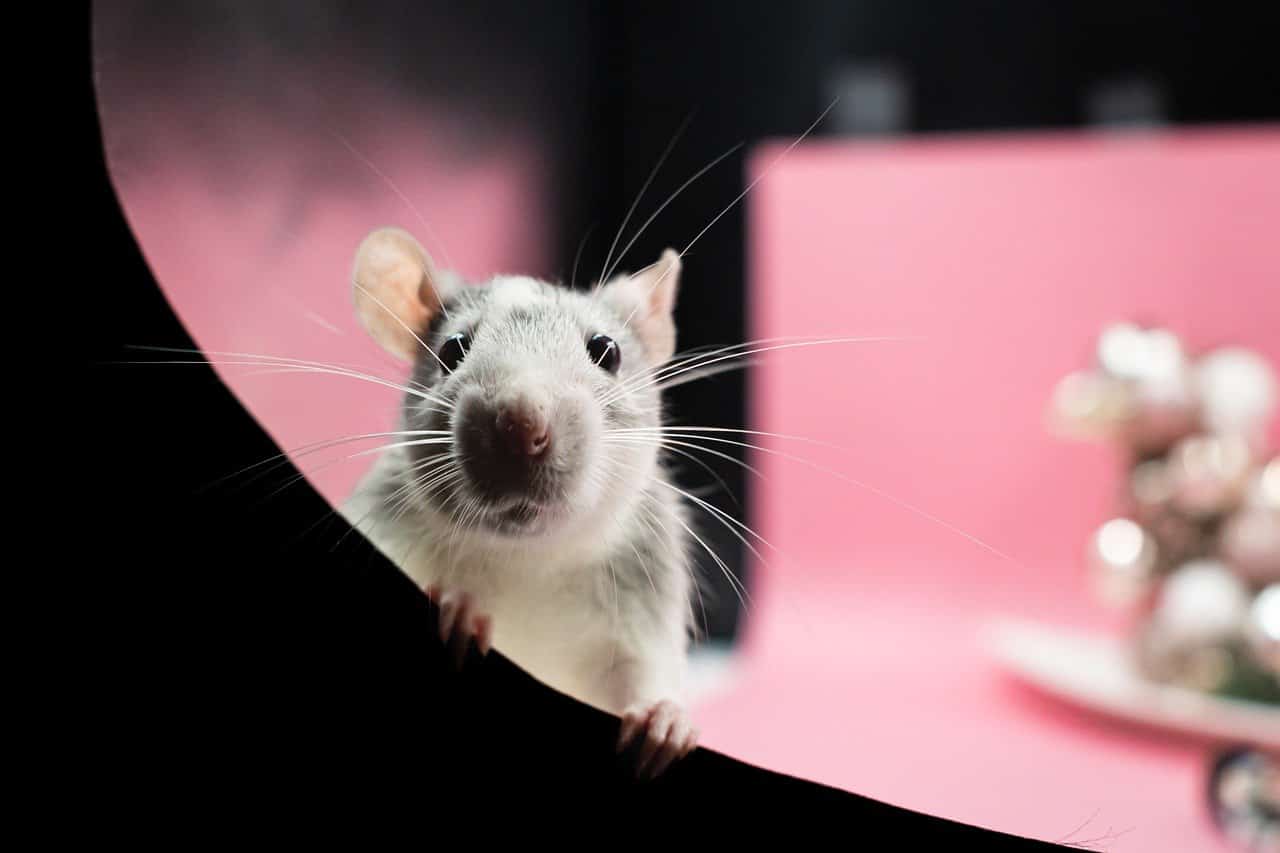
I think it’s similar in the horticultural sector to other sectors; for years, it has been claimed that “data is the new gold”. I recently read an article that made the analogy to the gold rush of 1848. Gold had been sitting in the same place for millions of years, but it was only now being pulled out of the ground and used by people.
Organizations have been looking for that gold for several years and then often want to keep it mostly for themselves. There are also regular questions about data ownership – who owns what?
A number of years ago, Glass4.0 created a protocol that defines who owns the data when trials are conducted. The protocol covers various aspects of using data from a cultivation company, such as exchange, ownership, and use, even after the trial has ended. Creating the protocol was not about making it more difficult for third parties to use the data but mainly about creating awareness among growers. What do you say yes to, and what are the possible risks?
For the development of new varieties but also technology for a grading machine, harvest prognosis, or reducing energy consumption, for example, data and insight are important.
The data source
But how do you get that data? Often the rule is that the data is owned by the person who owns the data source. If you buy a temperature sensor or if you own a sorting machine, then the data produced is yours, and you can do what you want with it. Sometimes, however, other agreements have been made, or information has been added by someone else, so you own the data together or not at all.
With many devices, you don’t even make explicit agreements about this. For example, if you bought an e-bike, have you thought about who owns the data collected? Probably not, yet this can be precious data. Think about ride time, battery quality, and distance to ride with a full battery. For a bike manufacturer, that kind of data from all bikes sold could be fascinating. Even if you want to gain insight into the quality of your battery yourself, this would be useful data.
Assuming that this data is stored, the question is, how do you get this data? That is what the European Data Act will take care of.
European Data Act
This legislation in preparation should ensure harmonization of data rules in the EU and fair access to and use of data. The idea is that, as a result, more innovation can take place, and we accelerate toward a digital economy and society. The rules, according to the European Commission, will allow the productivity of companies investing in data-driven innovation to grow 5-10% faster.
The idea is to allow users to request access to all the data on their devices. This should make it possible for not only the provider of the device but others to offer services and services using data from that system. Where certain data, for example, used for service or maintenance, is now only available to the supplier, it should also be available to the user upon request. Such sharing must then take place in a fair and secure manner.
These rules will apply to data generated by products such as IoT devices but also (online) services. This should make it easier to move data from one service to another. It should also be taken into account when designing these types of products that the end user should be able to access all data.
In theory, all great ideas and something you, as a developer of (digital) products and services, should start thinking about now. The rules will only come into effect sometime around 2024 but it is important to prepare for them now as a developer!
As an end user, this should give you more “power” over what you do with your data. I hope that we manage to work together to come up with solutions where the technology developer works together with the end user on new business models. This will require both parties to work towards more awareness and knowledge about the role they can and should play in this. If everyone stays on ‘their’ data and does not want to share then that new gold will remain nothing more than an imaginary pot of gold at the end of the rainbow….








